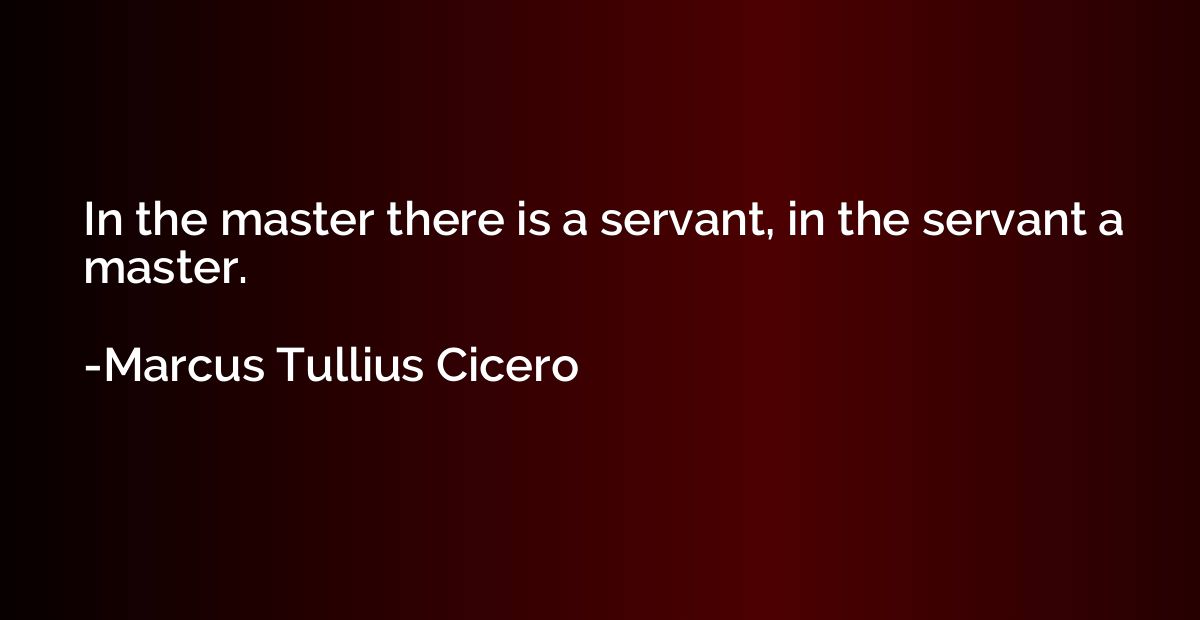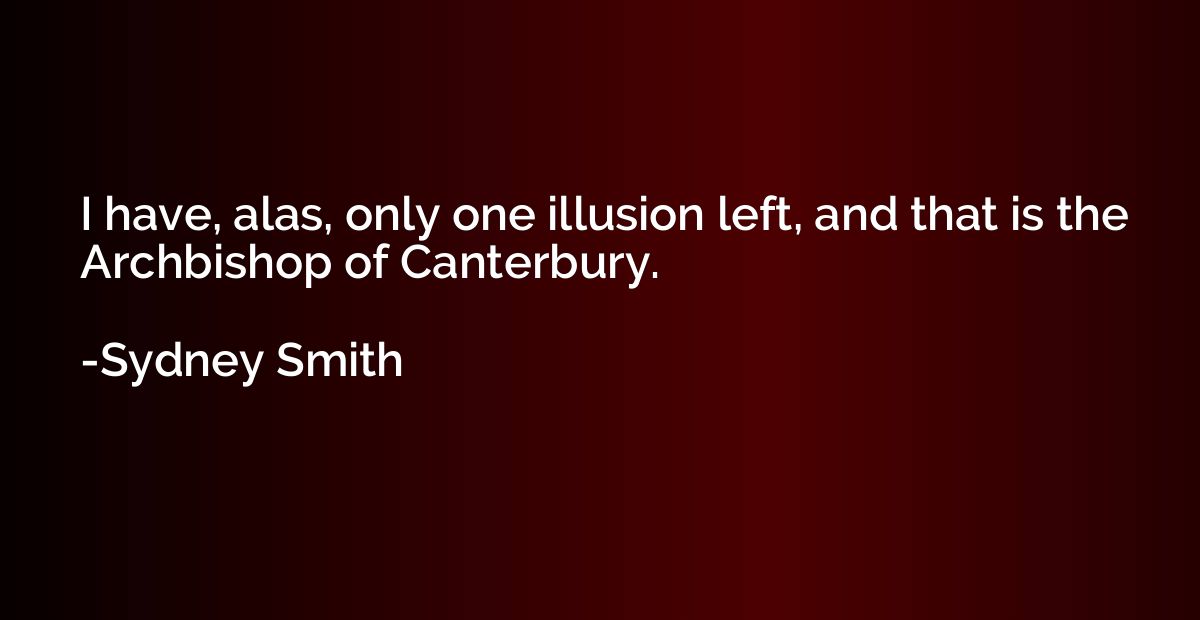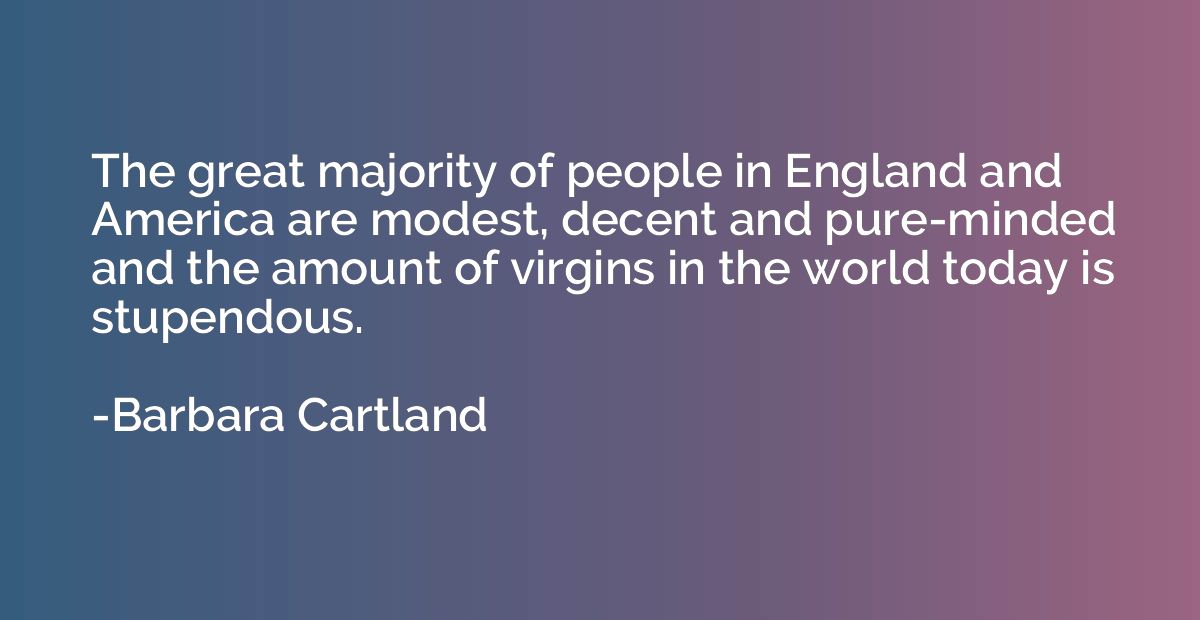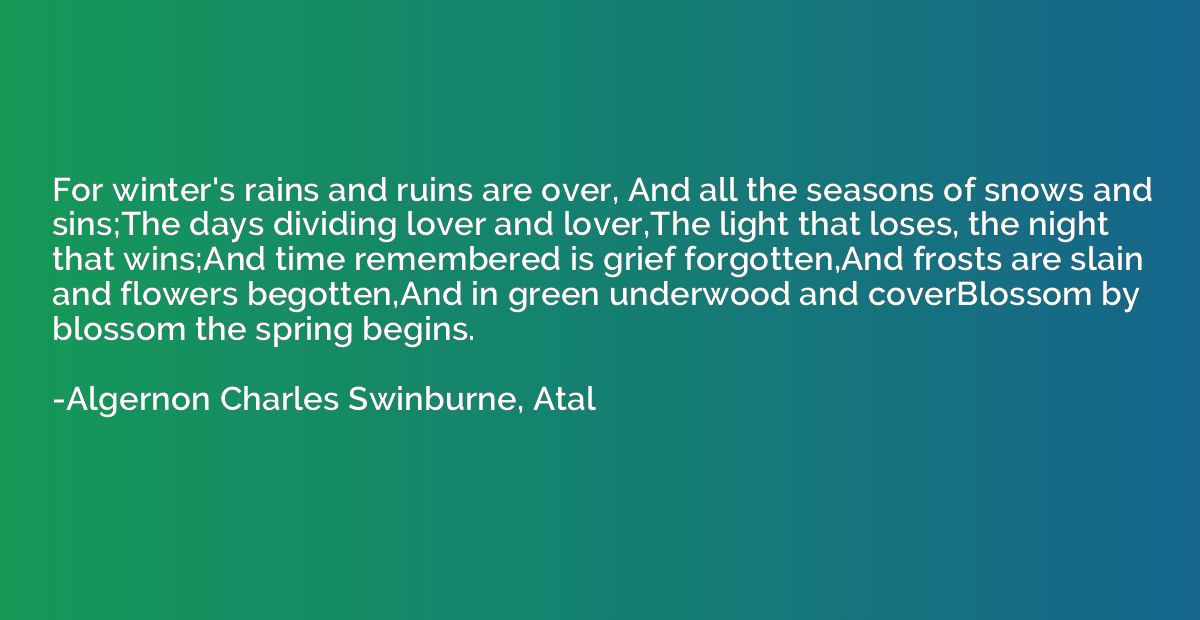Summary
This quote suggests an inherent duality and interdependence in the roles of masters and servants. It implies that even those in a position of power or dominance have a responsibility to serve in some capacity, while those in a subordinate role still possess the potential to exert influence or become masters themselves. It emphasizes the fluidity of these roles and challenges the notion of a clear hierarchy, ultimately suggesting that one's status does not define their ability to serve or lead.















